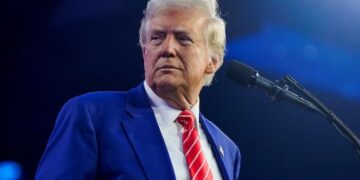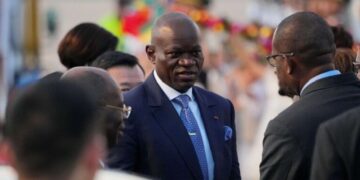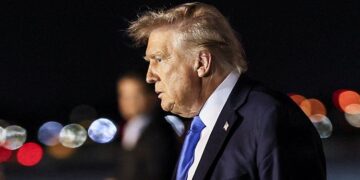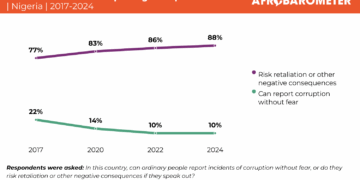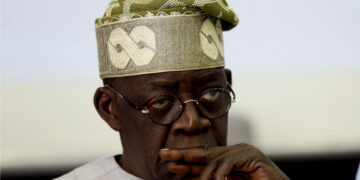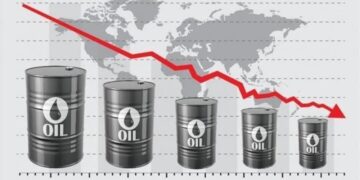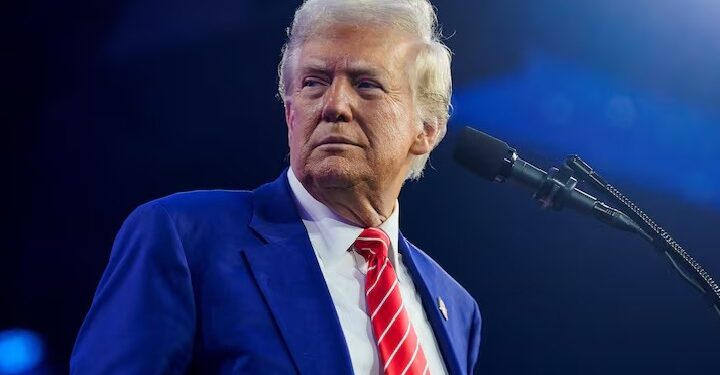By Enyichukwu Enemanna
US President-elect, Donald Trump, will be sentenced on January 10 in a hush money case ahead of his January 20 inauguration as the 47th President of the United States, but a jail term will not be imposed, the presiding judge, Juan Merchan, said in New York on Friday.
Trump, the first former US president ever convicted of a crime, can either appear in person or virtually at his January 10 sentencing, Judge Merchan stated.
The real estate tycoon was convicted in New York in May on a 34-count charge relating to falsifying business records to cover up a hush money payment to porn star Stormy Daniels on the eve of the 2016 election to prevent her from revealing an alleged sexual encounter.
In an 18-page decision, Merchan upheld Trump’s conviction by the New York jury, rejecting various motions from Trump’s lawyers seeking to have the verdict overturned.
The judge noted that instead of sentencing Trump to jail, he was leaning towards an unconditional discharge, implying that the incoming president will not be subject to any conditions.
However, if sentenced, Trump will be sworn into the White House ten days later as a convicted felon.
Trump, aged 78, potentially faced up to four years in prison. However, legal experts—well before his November presidential election victory—did not expect Merchan to send the former president to jail.
“It seems proper at this juncture to make known the Court’s inclination to not impose any sentence of incarceration,” the judge said, noting that prosecutors also did not believe a jail term was a “practicable recommendation.”
Trump, who is expected to file an appeal to potentially delay his sentencing, condemned the decision late Friday.
“This illegitimate political attack is nothing but a Rigged Charade,” he wrote on his platform, Truth Social.
Calling Merchan a “radical partisan,” Trump added that the order was “knowingly unlawful, goes against our Constitution and, if allowed to stand, would be the end of the Presidency as we know it.”
Trump’s legal team had sought to have the case dismissed on multiple grounds, including the Supreme Court’s landmark ruling last year that former US presidents have sweeping immunity from prosecution for a range of official acts committed while in office.
Merchan, however, rejected the argument but noted that Trump will be immune from prosecution only once he is sworn in as president.
“Finding no legal impediment to sentencing and recognising that Presidential immunity will likely attach once Defendant takes his Oath of Office, it is incumbent upon this Court to set this matter down for imposition of sentence prior to January 20, 2025,” the judge said.
